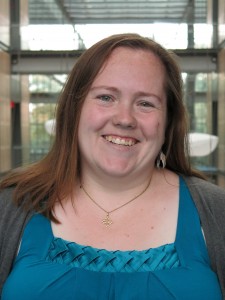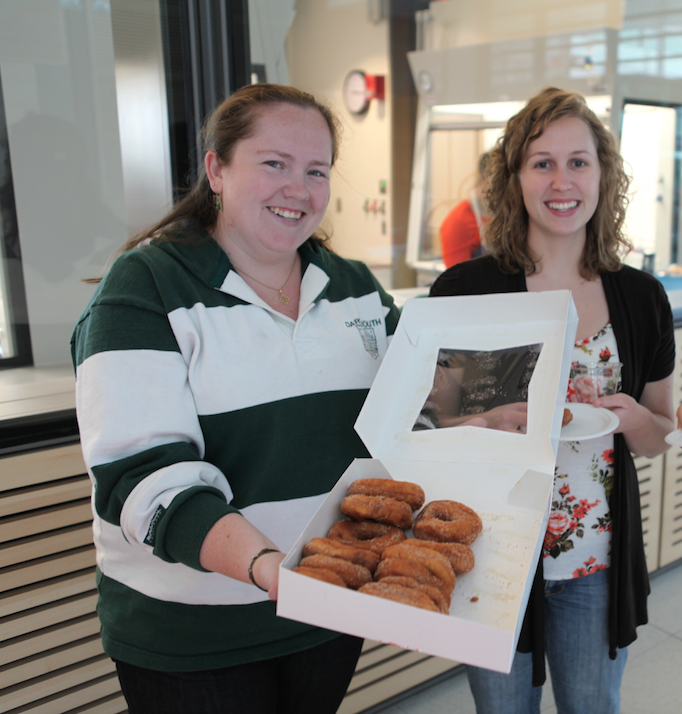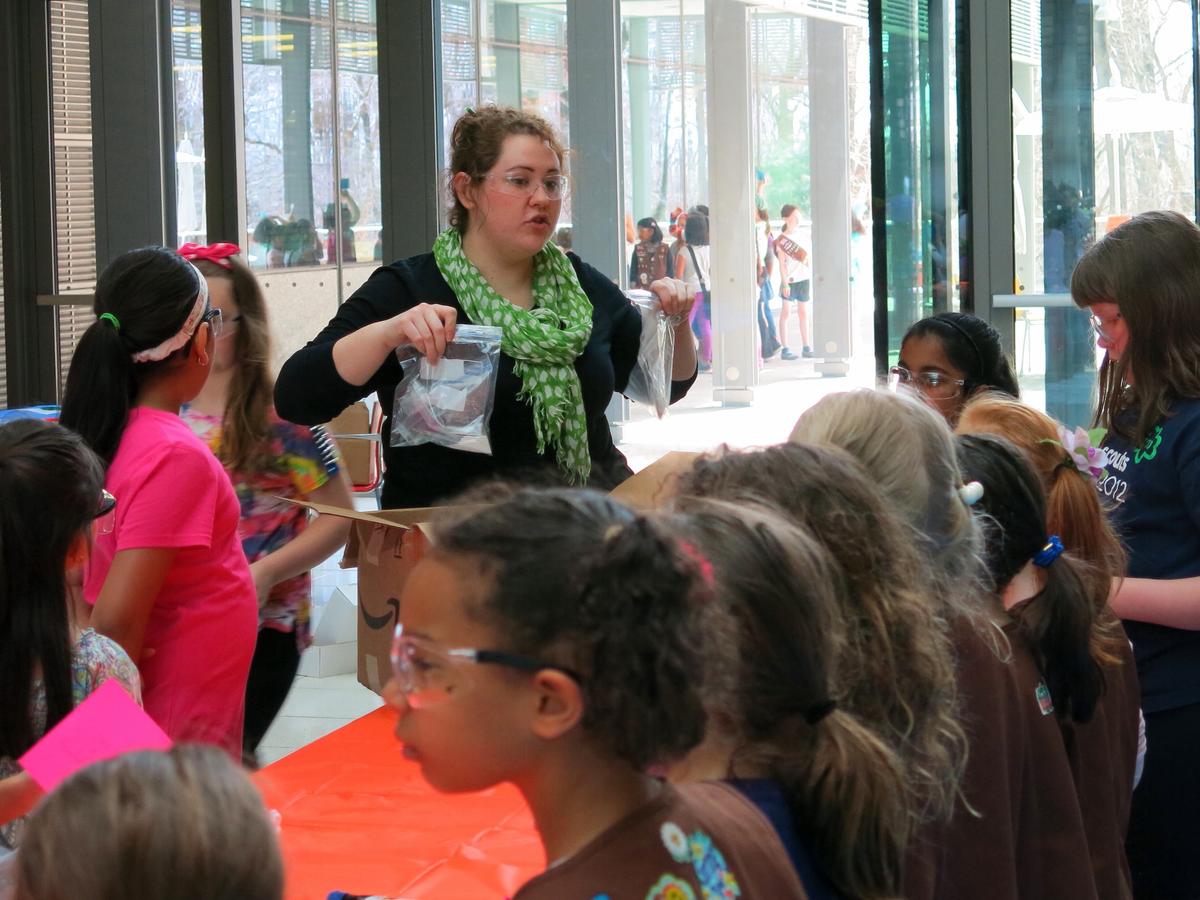FRIC: Supporting women in STEM through safe spaces, networking and empowerment
Four years ago, when a small group of women chemistry graduate students at Princeton University formed Female Researchers in Chemistry (FRIC), they were looking for a safe space to start a conversation around the issues that face women working in STEM fields as an underrepresented group.

“We wanted a place to support each other,” said Colleen Richardson, a recent doctoral graduate from the Bernasek lab and one of the group’s founders.
A similar group had existed in the department years before, called Princeton Graduate & Research Organization for Women in Chemistry or GROW, but the students felt that GROW’s mission of fighting discrimination didn’t exactly reflect their main concerns. Though distinct from what a male colleague might experience, the issues were subtler than explicit discrimination, Richardson said.
So FRIC was founded as a new group with a mission to “provide a forum for the women graduate students, postdoctoral researchers, staff, and faculty in the Princeton University Department of Chemistry to discuss the challenges unique to women in all stages of science related careers.” The group also aimed to “foster a vibrant and strong community among the women of the department” and “raise awareness around the historic and future states of gender relations and work-life balance in the global community.”
With the approval and pledged funding from the chemistry department’s administration, the group’s members laid out an action plan for achieving these goals. An early and enduring initiative involved coffee and lunch meetings with invited women speakers from a range of careers in academia, industry and other non-traditional pathways for chemistry-degree holders.
Past speakers have included Dr. Donna Jean Fredeen, Provost at Rider University, Dr. Ann-Marie Lanzillotto, Technical Director at SRI International Sarnoff Corporation, Ruth Wexler, Executive Director in Medicinal Chemistry at Bristol-Myers Squibb, Amy Prieto, Associate Professor at Colorado State University and many more.

“Some of my favorite meetings have been outside speakers,” said Erin Gray, a founding member of FRIC and a fifth year graduate student in the Doyle lab. “It was always nice getting their perspective on life after graduate school and how they balanced life and family.” Access to these networking opportunities was really helpful, especially as graduation neared, she said.
FRIC members have benefitted from mentorship, and in turn, they were committed to providing opportunities for young girls to experience science through outreach programs. These volunteer events give members the chance to connect with the community and help young girls envision themselves as scientists, which is crucial to narrowing the gender gap in the sciences. Girl Scout Day is the group’s largest annual event in which they led dozens of local girl scouts through hands-on chemistry experiments.

Towards their goal of strengthening the sense of community among the women of the department, FRIC has also sponsored a number of social events and trips. One trip, arranged by Associate Chemistry Professor Abigail Doyle, took the group on an onsite tour of local biopharmaceutical company Bristol-Myers Squibb and gave members the opportunity to observe women in senior level positions. “That’s an experience I definitely wouldn’t have had if not for FRIC,” Gray said.
The group has worked to raise awareness of women in STEM issues across campus by participating in the Graduate Women in STEM Leadership Council, which includes representatives from student led organizations relevant to women in STEM. Richardson represented FRIC until earlier this year when she passed her seat onto Jessica Frick, a joint second year graduate student in the Cava and Bocarsly labs.

In July of last year, the Council issued a climate report that shared anonymous survey responses detailing the experiences of graduate women in STEM across campus and recommendations to the administration on steps to resolve these climate issues. The report served as an informed effort to ensure a safe and professional climate for women in STEM fields in accordance with Title IX, which upholds equal access to education for all students.
The personal stories fell within nine themes as classified by the Council: microaggresions, discrimination, isolating women, the perception of women as sexually available or commodifiable, pregnancy and family, perceived existence of ‘reverse discrimination,’ benevolent sexism, crossing physical boundaries and harassment and backlash in response to attempts to improve the climate.
After the report was shared with the chemistry department, FRIC held an open meeting that drew both women and men to discuss their reactions and ways to move forward. FRIC meetings have not always extended invitations to men, but this is something the group hopes to change. Newer group members who have taken on leadership roles in FRIC expressed that men are highly encouraged to attend meetings and that change could only take place if both women and men are willing to take part in the conversation.
Recently, the group has begun holding monthly discussion meetings focused around a single scientific or popular article that have dealt with topics such as the policing of young women’s voices and backlash associated with women displaying dominant behavior. These meetings offer a unique opportunity to facilitate difficult conversation by providing data and a framework to guide the discussion, Richardson said.
As the founding members graduate and the group evolves in membership, Richardson encourages FRIC to remain vigilant. “Change the mission statement or change whatever you want,” she said, “but don’t get complacent. Also, remember that even if you personally aren’t experiencing issues that might not be the case for others in the department and you can still work towards improving the situation for everyone.”
